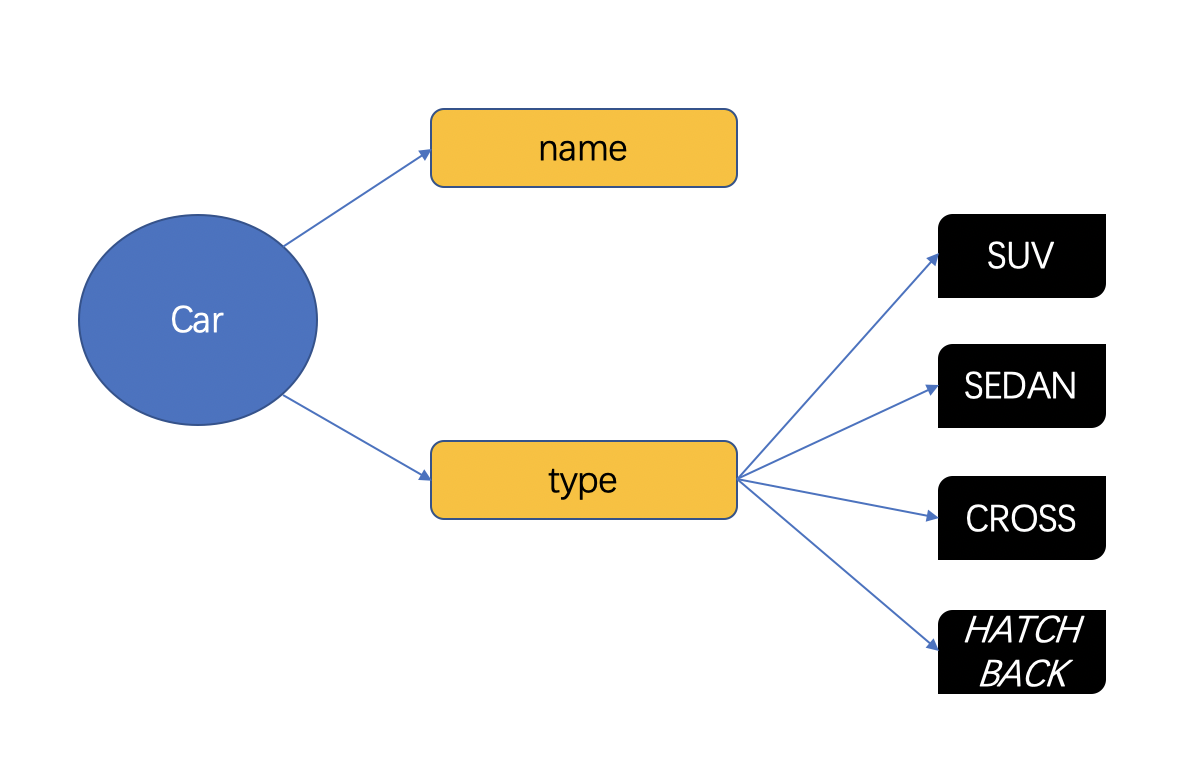others-How to serialize enum type with gson?
1. Purpose
In this post, I would demo how to do serialization for enum types with gson in java applications.
2. Environment
- java 1.6+
- gson 2.8.5+
3. The solution
3.1 Add gson dependency
We can add dependency with maven as follows:
<dependency>
<groupId>com.google.code.gson</groupId>
<artifactId>gson</artifactId>
<version>2.8.7</version>
</dependency>
or with gradle:
dependencies {
implementation 'com.google.code.gson:gson:2.8.7'
}
What is gson?
Gson is a Java library that can be used to convert Java Objects into their JSON representation. It can also be used to convert a JSON string to an equivalent Java object. Gson can work with arbitrary Java objects including pre-existing objects that you do not have source-code of.
The goals of gson:
- Provide simple
toJson()andfromJson()methods to convert Java objects to JSON and vice-versa- Allow pre-existing unmodifiable objects to be converted to and from JSON
- Extensive support of Java Generics
- Allow custom representations for objects
- Support arbitrarily complex objects (with deep inheritance hierarchies and extensive use of generic types)
###
3.2 The code example
Suppose we have a domain object, which type is ‘Car’, Here is the diagram of the Car type:

You can see that there is a type field in the Car , which is a enum type of java. Here is the definition:
class Car {
private String name;
private CarType carType;
public String getName() {
return name;
}
public void setName(String name) {
this.name = name;
}
public CarType getCarType() {
return carType;
}
public void setCarType(CarType carType) {
this.carType = carType;
}
@Override
public String toString() {
return "Car{" +
"name='" + name + '\'' +
", carType=" + carType +
'}';
}
}
enum CarType {
SUV,
SEDAN,
HATCHBACK,
CROSS
}
Now , we want to serialize the Car to json and then deserialize the Car from json. Here is the demo:
private static final Type carListType = new TypeToken<ArrayList<Car>>() {
}.getType();
public static void main(String[] args) {
List<Car> cars = getCars();
Gson gson = new Gson();
String carsJson = gson.toJson(cars,carListType);
System.out.println(carsJson);
List<Car> cars2 = gson.fromJson(carsJson,carListType);
for(Car car:cars2) {
System.out.println(car);
}
}
private static List<Car> getCars() {
List<Car> cars = new ArrayList<>();
Car c = new Car();
c.setName("fit");
c.setCarType(CarType.HATCHBACK);
cars.add(c);
c = new Car();
c.setName("benz");
c.setCarType(CarType.SEDAN);
cars.add(c);
return cars;
}
Let’s run the code:
[{"name":"fit","carType":"HATCHBACK"},{"name":"benz","carType":"SEDAN"}]
Car{name='fit', carType=HATCHBACK}
Car{name='benz', carType=SEDAN}
3.3 The whole code
Here is the whole code example:
public class Gson1 {
private static final Type carListType = new TypeToken<ArrayList<Car>>() {
}.getType();
public static void main(String[] args) {
List<Car> cars = getCars();
Gson gson = new Gson();
String carsJson = gson.toJson(cars,carListType);
System.out.println(carsJson);
List<Car> cars2 = gson.fromJson(carsJson,carListType);
for(Car car:cars2) {
System.out.println(car);
}
}
private static List<Car> getCars() {
List<Car> cars = new ArrayList<>();
Car c = new Car();
c.setName("fit");
c.setCarType(CarType.HATCHBACK);
cars.add(c);
c = new Car();
c.setName("benz");
c.setCarType(CarType.SEDAN);
cars.add(c);
return cars;
}
}
class Car {
private String name;
private CarType carType;
public String getName() {
return name;
}
public void setName(String name) {
this.name = name;
}
public CarType getCarType() {
return carType;
}
public void setCarType(CarType carType) {
this.carType = carType;
}
@Override
public String toString() {
return "Car{" +
"name='" + name + '\'' +
", carType=" + carType +
'}';
}
}
enum CarType {
SUV,
SEDAN,
HATCHBACK,
CROSS
}
4. Summary
In this post, I demonstrated how to serialize and deserialize the class with enum fields with gson.